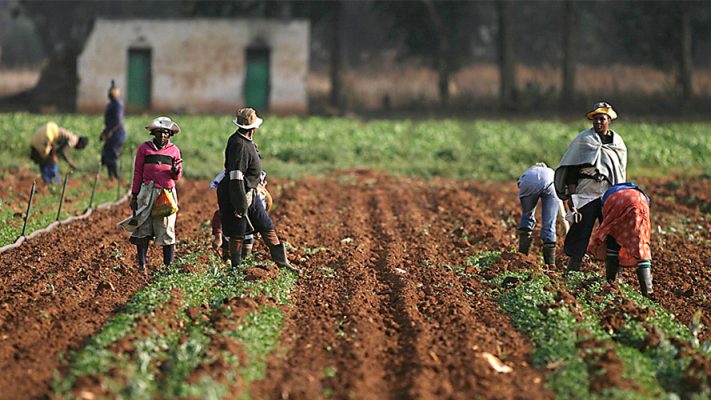NACGRAB Offers Seedling Tips For Dry Season Farming

By Faridat Salifu
In a bid to address the impact of climate change on agriculture, the National Centre for Genetic Resources and Biotechnology (NACGRAB) has encouraged farmers to carefully choose and propagate suitable crop varieties.
The call is coming as the dry season sets in, thus increasing farming activities in the country.
Dr Anthony Okere, the centre’s Acting Director, made the call while speaking on the sidelines of the Farmers Field Day/Seed Diversity Fair held in Bagauda,Bebeji Local Government Area of Kano State last weekend.
This project, supported by the Global Crop Diversity Trust, aims to counteract the effects of climate change in Nigeria.
We gathered that as part of the Seed for Resilience (S4R) project implemented in Oyo, Niger, and Kano States, NACGRAB has planted approximately 150 diverse accessions of sorghum and cowpea seeds to expedite climate change mitigation efforts.
Highlighting their commitment, Okere stated that NACGRAB and the Technical Working Group would continue to provide guidance and support to farmers in selecting the most suitable crop varieties for cultivation.
The Germ Plasm Users Group (GUG) overseeing sorghum and cowpea, together with other crops relevant to climate change, will assist farmers in making informed choices for cultivation.
Also speaking, Dr Muyiwa Olubiyi, the Chief Scientific Officer at NACGRAB, underscored the importance of crop conservation, as it enables researchers to access a wide range of indigenous crop samples for breeding purposes.
Meanwhile, Prof. Sunusi Gaya and Dr Ignitious Anagarawai, members of the Technical Working Group, reiterated their commitment to offering effective support services to farmers, guiding them in the selection of appropriate crop varieties for cultivation.
They urged farmers to embrace NACGRAB’s climate-resilient seeds, as it empowers them to enhance productivity and ameliorate the adverse effects of climate change.
Farmers who participated at the event expressed gratitude for the knowledge shared and pledged to relay the information within their respective communities. They also promised to contribute to the wider adoption of climate-resilient agricultural practices.
